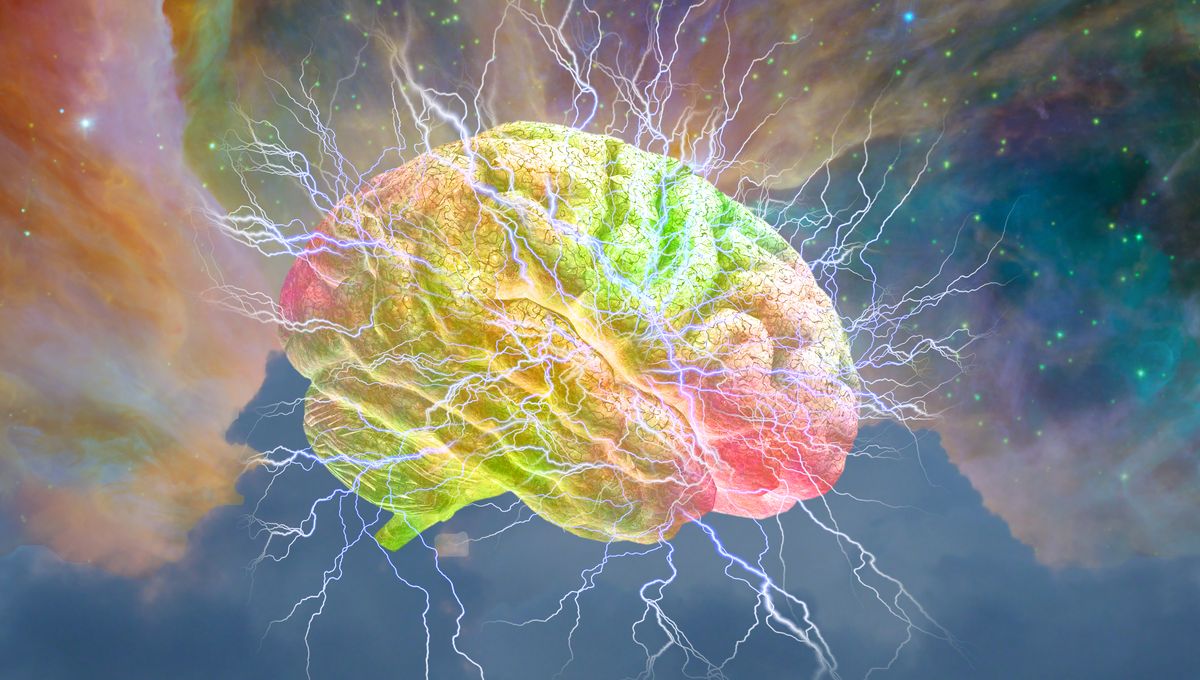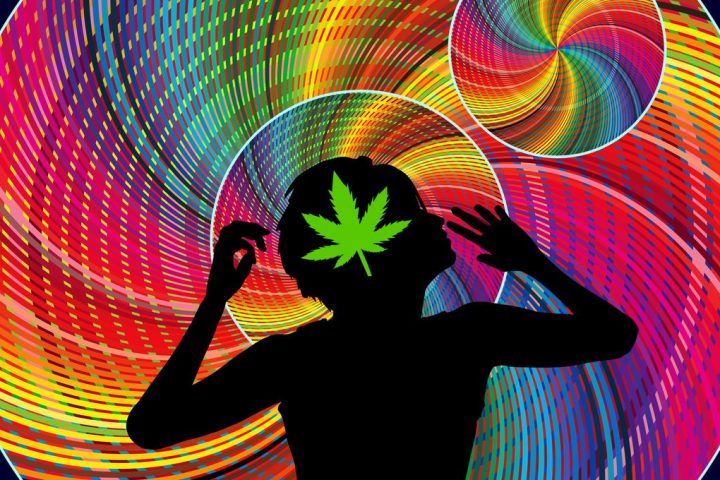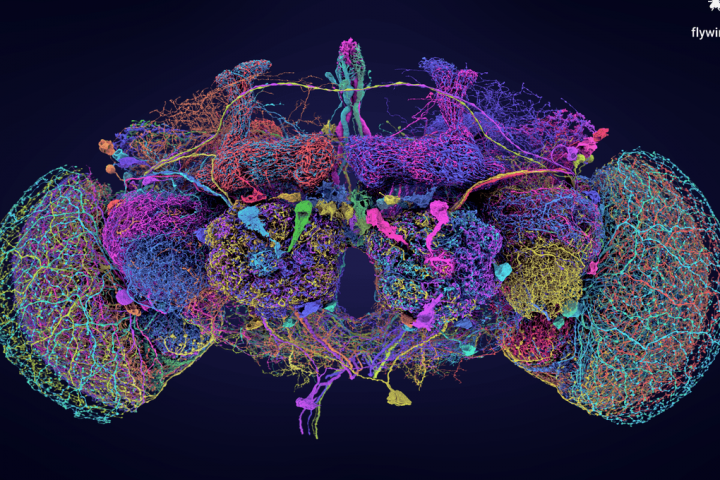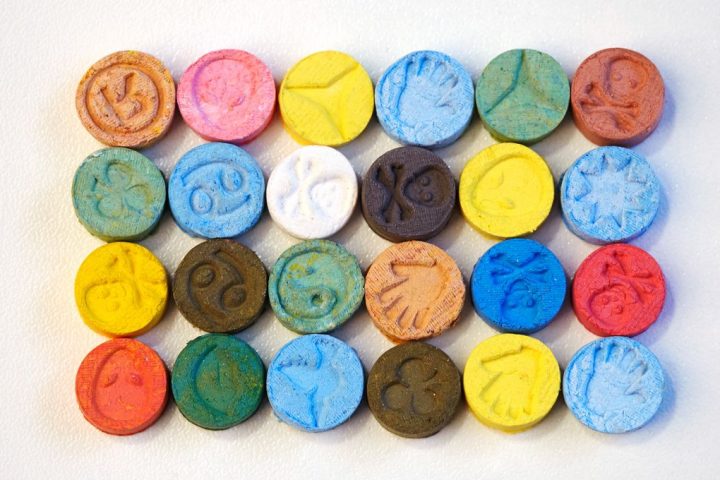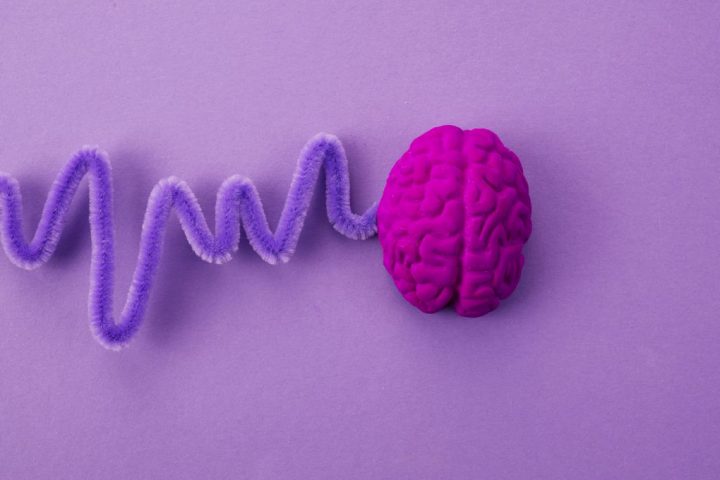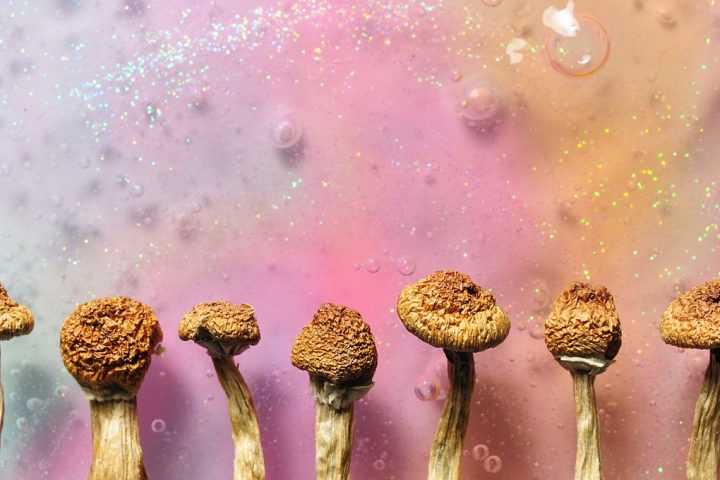After years of strict drug controls and cultural resistance hindering much-needed scientific research, the world is finally awakening to the incredible potential benefits of psychedelic therapies. Australia made history earlier this year by becoming the first country to legalize MDMA and psilocybin for psychiatric use, and ongoing studies continue to yield promising results.
However, despite the remarkable potential of psilocybin in treating severe depression, there are still many unanswered questions regarding its long-term effects.
In 2022, a groundbreaking study conducted by researchers at Imperial College London and the University of California, San Francisco, revealed that psilocybin helps create a more flexible and fluid state within the brain, alleviating some of the rigid patterns associated with depression. At the time, study author Professor Robin Carhart-Harris emphasized the need for further research to determine the duration of these changes.
Now, Carhart-Harris and his team have made another significant discovery, uncovering how psilocybin affects key brain networks such as the default mode network (DMN).
In a new preprint, which has yet to undergo peer review, the authors explain how they conducted brain scans on a small group of seven adults aged between 18 and 45. These individuals were given doses of psilocybin (25 milligrams), the stimulant methylphenidate (also known as Ritalin), or no drugs at all.
All participants had prior experience with psychedelics, but not within the past six months. None of them had any psychiatric illnesses, and they were followed up at three weeks and six months after the scans.
Using a technique called precision functional mapping, the researchers compared the network connectivity in each patient’s brain between their baseline scans (when they were drug-free) and after taking psilocybin. Methylphenidate was used as a control due to its similar stimulating effects to psilocybin but without the psychedelic properties.
“Psilocybin disrupted connectivity across cortical networks and subcortical structures, producing more than 3-fold greater acute changes in functional networks than methylphenidate,” write the study authors. “These changes were driven by desynchronization of brain activity.”
They further explain that this desynchronization was observed across the association cortex but was strongest in the default mode network (DMN).
Other psychedelics, such as LSD, are known to alter the DMN. This alteration is believed to be responsible for the feeling of ego dissolution, a common experience during psychedelic trips where individuals perceive themselves as interconnected with the world around them.
The network desynchronization observed by the authors persisted for weeks after the drug treatment but appeared to have resolved after six months. This finding is particularly intriguing because clinical trials have shown that a single high dose of psilocybin can have a lasting positive effect on depression symptoms.
While further research is necessary, the authors suggest that this phenomenon could potentially explain how psilocybin achieves its impressive therapeutic effects: “Persistent suppression of hippocampal-DMN connectivity represents a candidate neuroanatomical and mechanistic correlate for psilocybin’s pro-plasticity and anti-depressant effects.”
This discovery marks another significant step forward in a field of research that offers new hope to patients who have not found success with conventional treatments.
The preprint, a preliminary version of a scientific paper that has not yet undergone peer review, can be accessed via medRxiv.
